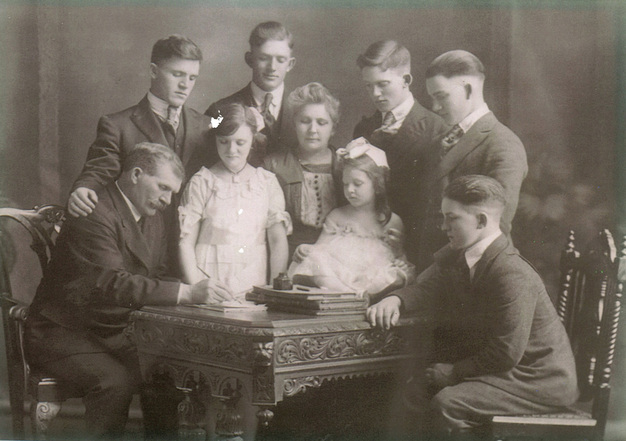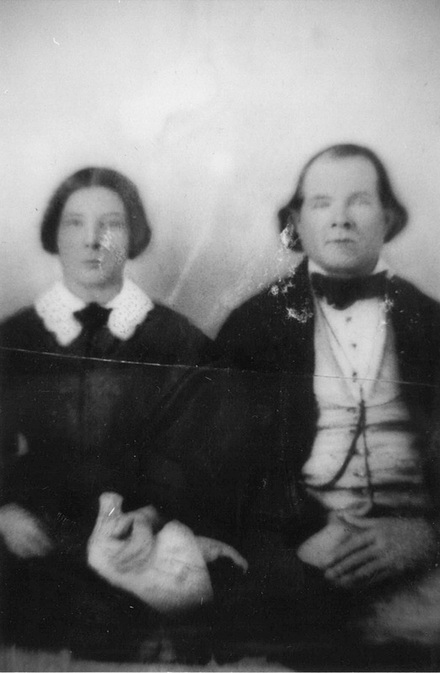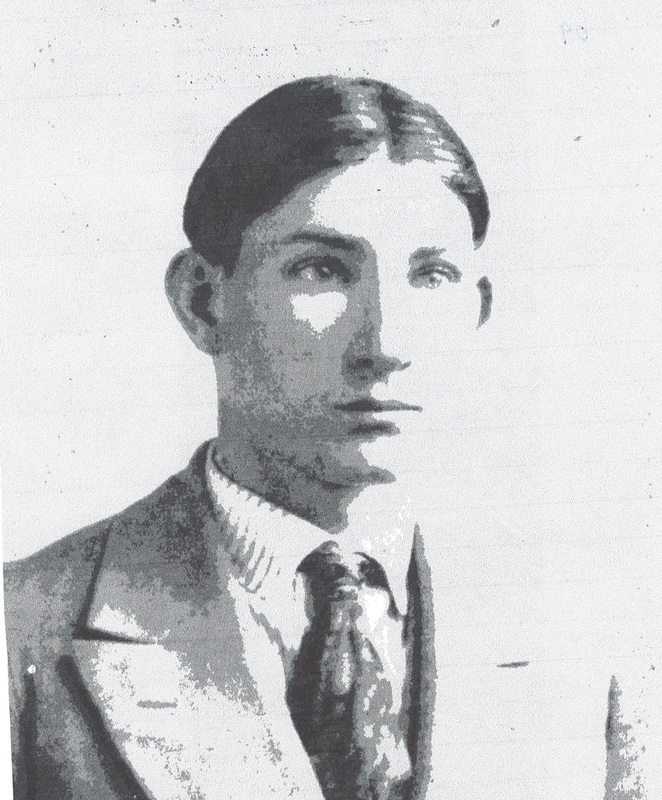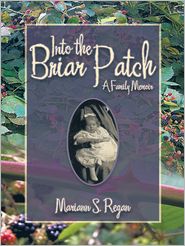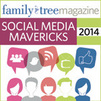|
I'm pleased to introduce to you Mariann S. Regan, author of the book, Into the Briar Patch, which she describes on her website "...as a memoir about the author's maternal family, who were farmers in South Carolina from the early 1800s through recent years. It explores the long-term effects of slaveholding upon white Southerners, and it questions the makeup of good and evil." I look forward to reading and reviewing her memoir in the coming weeks. In her guest post today, she gives a little background to her memoir. Enjoy! ~Caroline
Disclosure: I am an affiliate of both Amazon.com and Barnes and Noble which means if you click on one of their links, you will be directed to their website. If you decide to purchase while you are on their site, which is totally up to you, I may receive a small referral or sales commission for referring you. For more information, please visit my Disclosure page.
1 Comment
3/12/2014 07:16:07 am
I, too, research my southern roots (in North Carolina) and have come across slave owners in my lines. It is a difficult topic to address in one's family history. Mariann asked the hard questions. I look forward to reading her book.
Reply
Leave a Reply. |
Categories
All
Archives
February 2017
|
|
© Copyright For Your Family Story 2016 - All Rights Reserved
|

